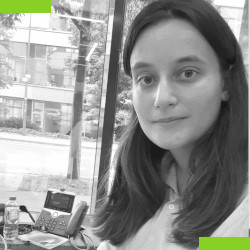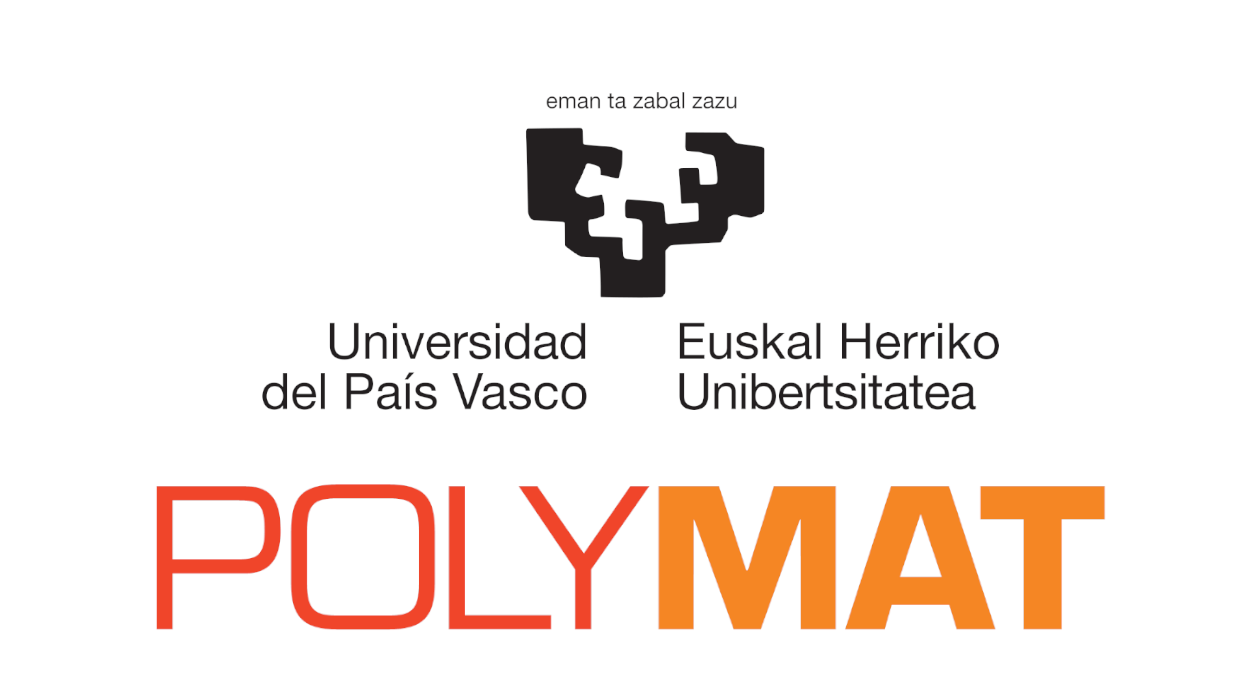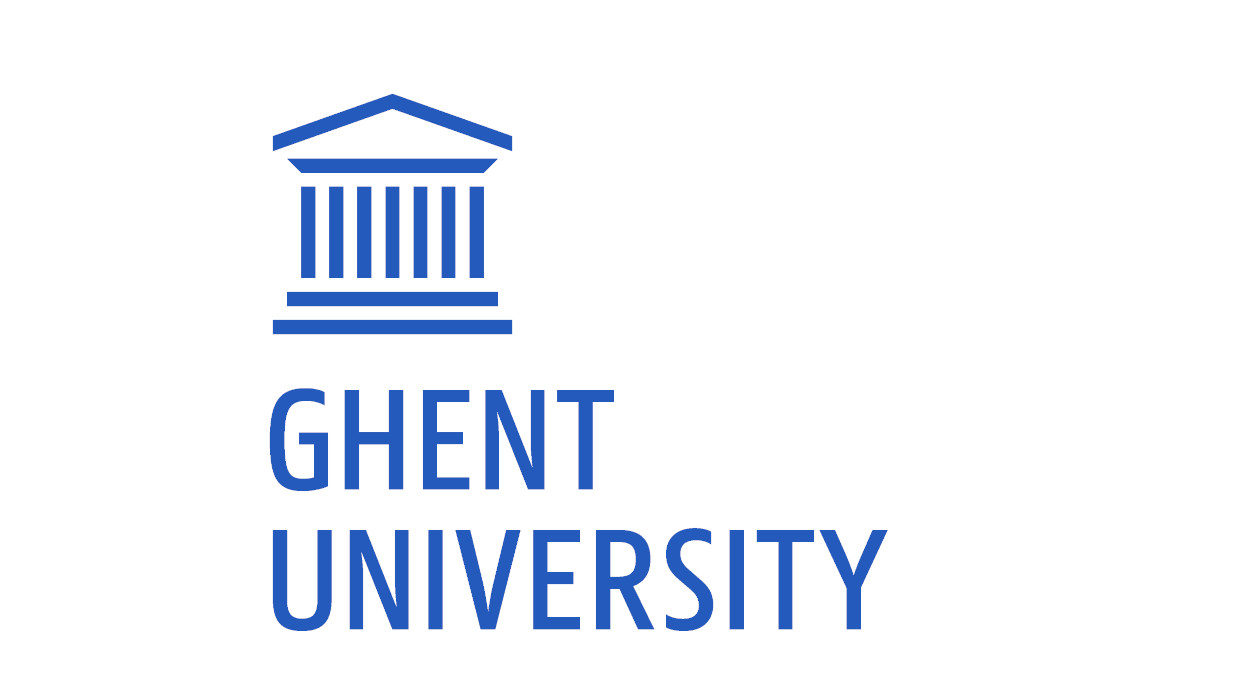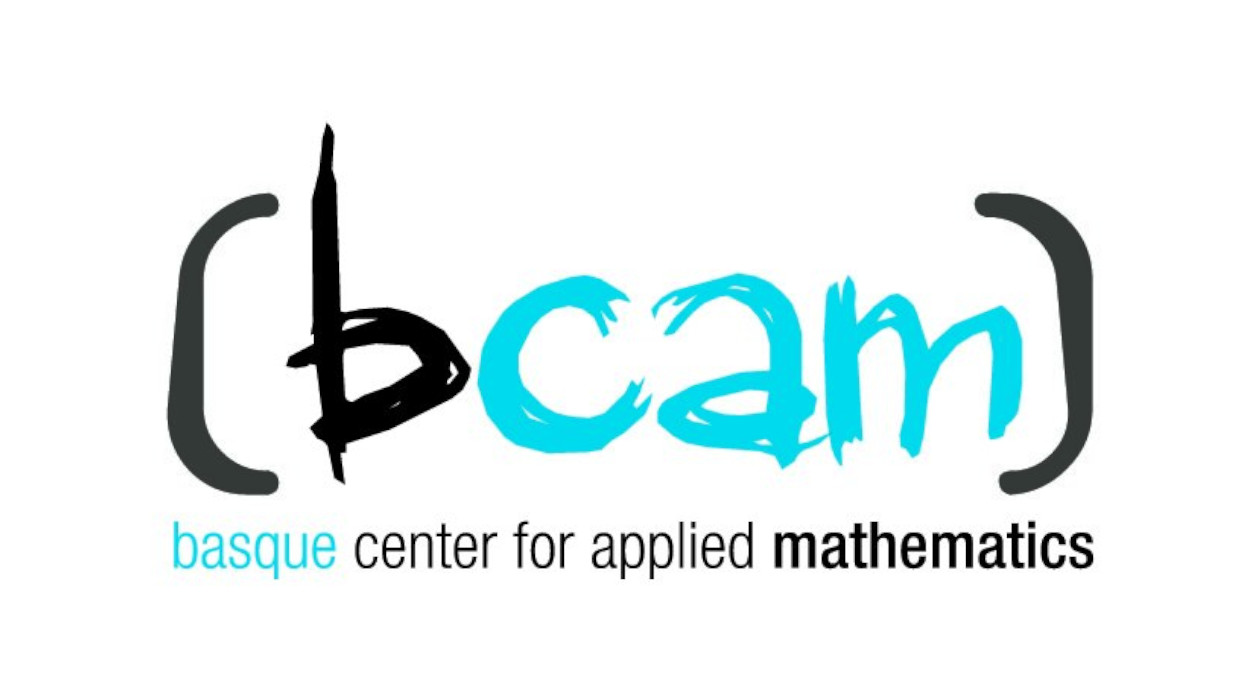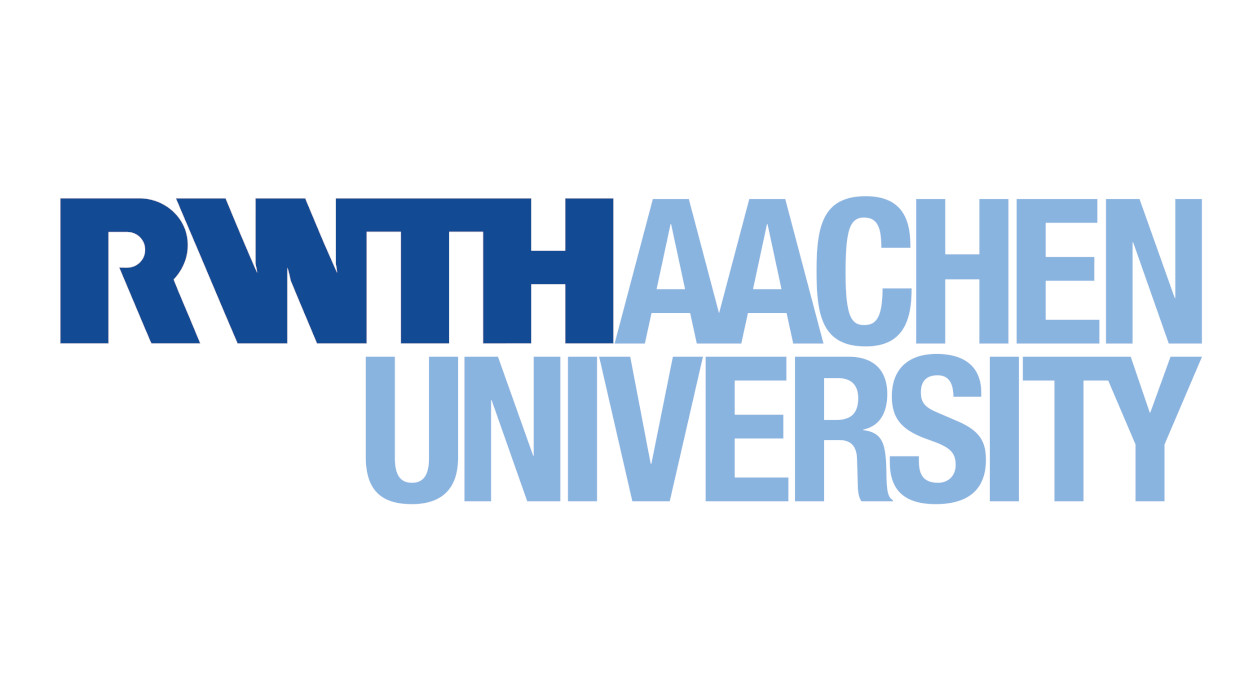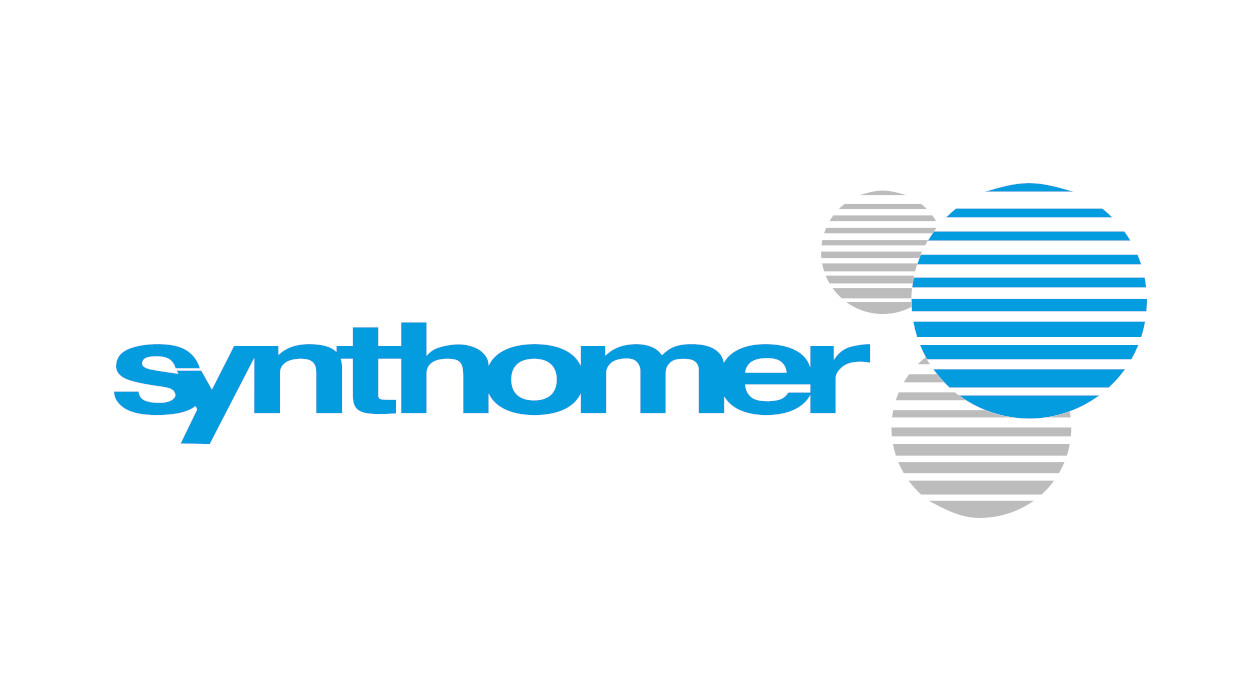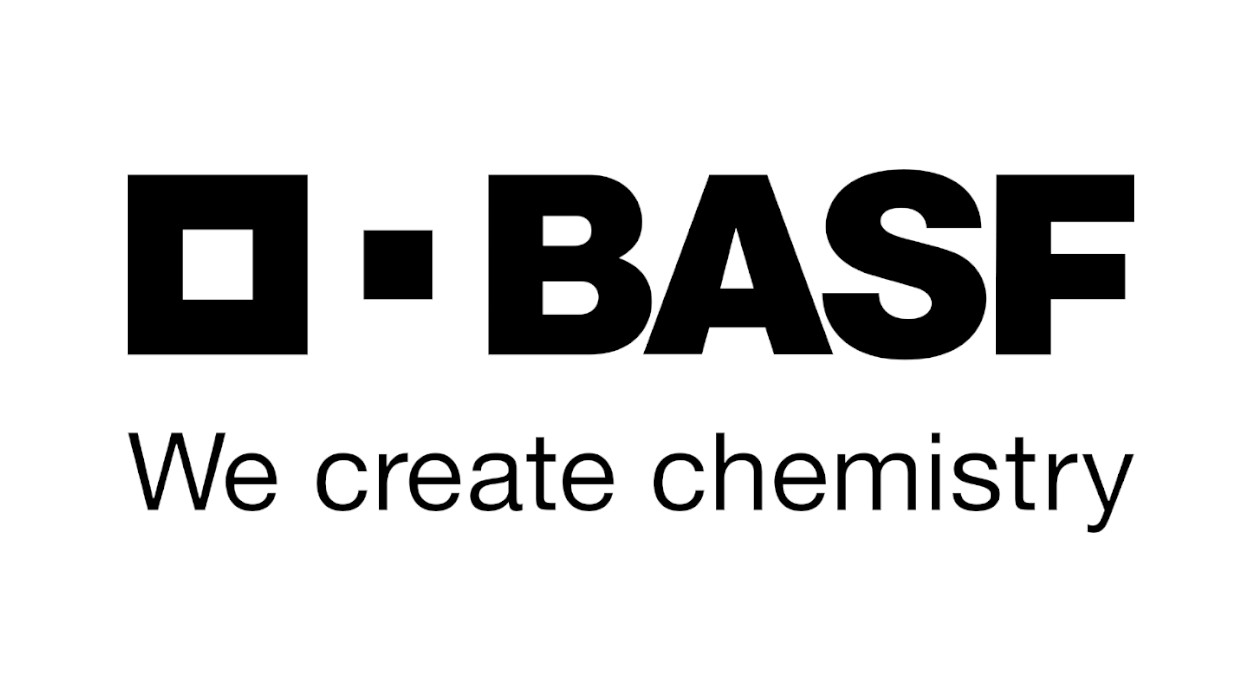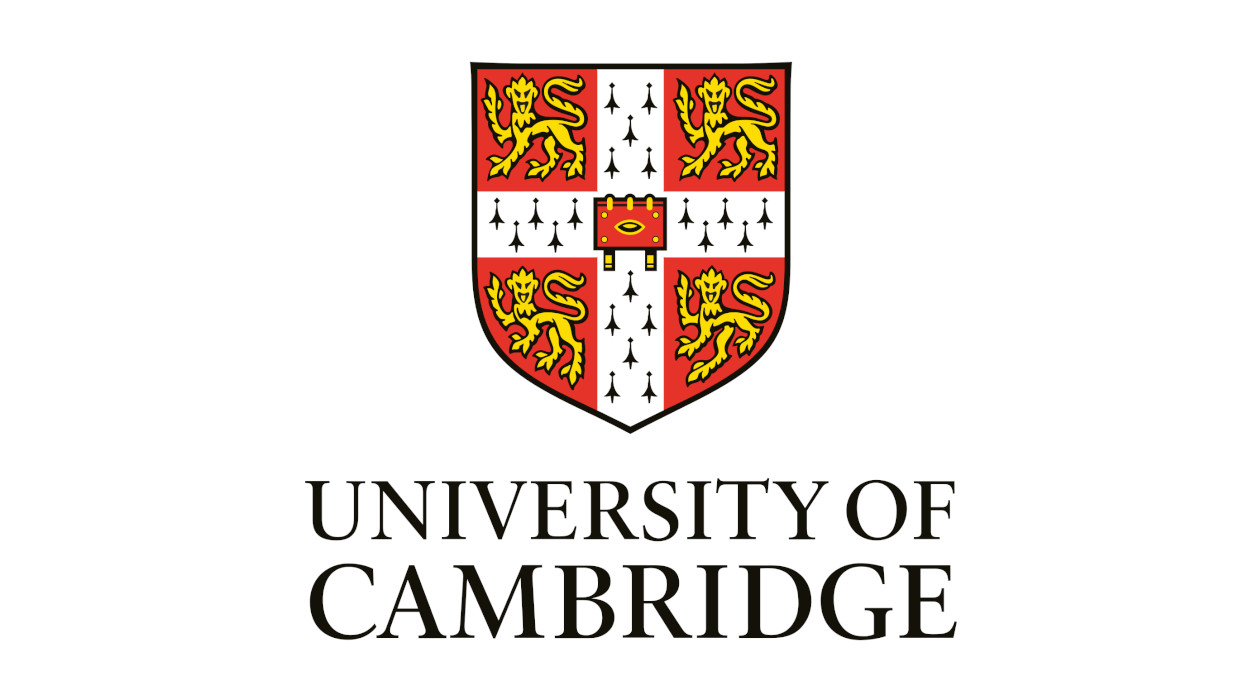Doctoral Candidates
Beeta Tavana obtained a Master’s degree in Polymer Engineering from the University of Tehran in Iran. Regarding the undeniable significance of utilizing biodegradable polymers in the field of medical science, she embarked on a research endeavor during her master’s studies to explore the innovative potential of polymers in drug delivery application. Her focus was on producing nanoparticles through the cutting-edge method of microfluidics and optimize the essential parameters employing COMSOL software.
Through the Cinema project, she is aiming to horizon her knowledge in utilizing simulation in polymer science.
Ahmed Atalla obtained a Bachelor of Science in Chemistry (2018) with an excellent grade (CGPA = 3.87) (4 rank from 1500 students) from Alexandria University, Egypt. He was appointed as a teaching assistant in the Organic Division, Chemistry Department (2019) after completing military service in the Navy army. He obtained a Master of Science in polymer chemistry with the title “Innovative polymeric materials for potential applications”. The main objective of the master thesis was to prepare a functionalized novolac phenolic polymeric network of chalcones and study the effect of substituents on the degree of conjugation in the polymer chains and their electrical conductivities. He was appointed as an assistant lecturer after obtaining the master’s degree in 2022.
Currently, as a part of the Cinema project, his research is focused on the first principles of mathematical modelling of the radical of water-based emulsion polymerization.
She conducted her master’s thesis at the Department of Industrial Chemistry and her dissertation focused on studying the industrial wastewater treatment processes by means of simulation methods. Her work centred around the biological treatment process with activated sludge, for nutrient removal.
Within CINEMA project, she aims to pursue her research on project number three titled “Optimization using hybrid machine learning models”.
With CINEMA, Tai Xuan Tan is striving to make advances in the field of polymerization manufacturing technologies. This can be in two directions: to further develop and mature process control techniques, and to encourage its application in the industry. His approach to this involves using Gaussian Processes surrogate models for model predictive control, with online learning capabilities and risk-aware operation. This has the potential to great economic potential and waste reduction in the industry.
Through the CINEMA project, Zheng Jie Liew aims to deepen his engagement with computational analysis and empirical research to advance material discovery. He is committed to harnessing automated synthesis platforms for generating data that informs advanced computational methodologies, including machine learning and artificial intelligence. His research endeavors to develop extensive datasets critical for deciphering complex structure-property relationships, particularly within the realms of coatings and adhesives. Zheng Jie not only intends to create a direct model but also aspires to construct an inverse design model that can predict formulations to achieve specific properties, thus challenging and extending traditional paradigms of material design.
Within CINEMA project, he aims to pursue his research on the application of machine learning for predicting the mechanical behaviour of composite polymeric latexes based on their structural characteristics, under the supervision of Dr Nicholas Ballard (EHU/UPV, Spain).
Within the CINEMA project, she aims to pursue her research on project 7 titled “Predicting the viscoelastic behavior of polymers using machine learning”, under the supervision of Dr. Nicholas Ballard at UPV/EHU, Spain.
In the course of his master’s thesis, Leo pioneered a novel methodology for the classification of time series data. His innovative approach centered around the effective application of Discrete Wavelet Transformation.
As a member of the CINEMA project, he is dedicated to advancing research in Developing Machine Learning for Polymer Systems.
Within the CINEMA project, Marah’s research focuses on training methods for hybrid models in emulsion polymerization, a crucial process in polymer material production. The objective is to advance understanding of complex mechanisms and integrate machine learning for enhanced modeling and prediction.
BENEFICIARIES
The Process Systems Engineering group at RWTH Aachen links chemical engineering with computational engineering science through the development of basic principles of mathematical modelling, conceptual process design and process operations.
ASSOCIATE PARTNERS
CINEMA counts on the support of four of the world’s largest producers of emulsion polymers and the sustainable reaction engineering group of the University of Cambridge.
Supervisory team
Prof. Dagmar R. D’hooge is associate professor at Ghent University and visiting associate professor at Stanford University. Prof D’hooge is co-author of more than 150 full length peer-reviewed research articles, co-inventor of 3 patents and active in industrial valorization. He has supervised 13 PhD students and 3 postdoctoral researchers and currently is the elected Department Chair. He has been leading many national and industry funded research projects as well as has been the PI in a number of H2020 projects (e.g. MMAtwo, GRASS and 3Drepair). He is supported in CINEMA by the co-PI Dr. Yoshi W. Marien, a senior postdoctoral researcher active in multi-scale sustainable design of chemical processes.



